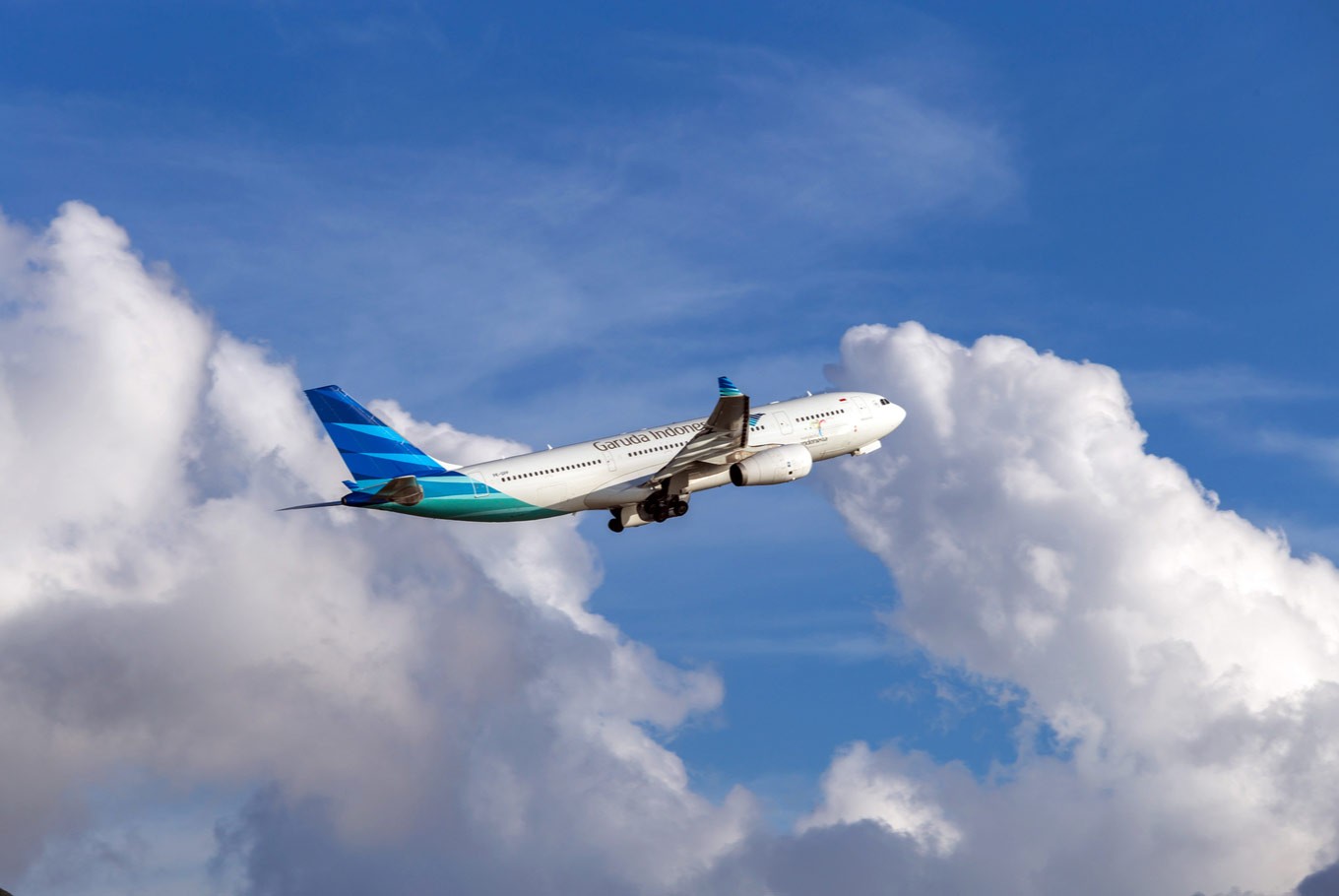Popular Reads
Top Results
Can't find what you're looking for?
View all search resultsPopular Reads
Top Results
Can't find what you're looking for?
View all search resultsHere is what customers should know about airfares
Customer is king. That is how the age-old saying in business goes. Many companies work hard to provide the best service for their customers, and this has become a source of power for customers to get the best and most profitable service possible.
Change text size
Gift Premium Articles
to Anyone
Customer is king. That is how the age-old saying in business goes.
Many companies work hard to provide the best service for their customers, and this has become a source of power for customers to get the best and most profitable service possible.
However, while customers indeed have a right to complain, they are urged to be fair when doing so. Speaking about the recent “social turbulence” faced by national airlines when passengers complained about skyrocketing ticket prices, Ombudsman Indonesia commissioner Alvin Lie said customers should be wiser when comparing ticket prices.
“Comparisons must be apple-to-apple,” Alvin told the press recently.
Last week, netizens complained that it was cheaper to fly from Banda Aceh to Kuala Lumpur or Singapore before arriving in Jakarta compared to flying directly from Banda Aceh to Jakarta.
Such a comparison, Alvin said, was not reasonable.
“Flights with transits are indeed cheaper, but it comes with a 10-hours layover,” he added, saying that based on time efficiency, the two types of flights thus came with different privileges.
Alvin explained that the government charged domestic flights value-added tax (PPN), while international flights were not subject to it.
Moreover, he said, international flights or transits to countries like Singapore, which provides various incentives for airlines, would thus be more affordable than direct domestic flights.
As a major international hub, Changi International Airport provides various incentives to encourage airlines to bring in stop-over passengers.
Another unreasonable comparison is comparing ticket prices from Jakarta to Singapore when using Netherlands-based KLM Royal Dutch Airlines or France-based Air France.
“In long-haul flights operated by KLM and Air France, their main goal is to fly people to their main destinations in Amsterdam or Paris. Thus the seats to Singapore are sold to maximize the load factor until they arrive at Singapore, so they sell the seats cheaper instead of leaving them empty,” Alvin said.
Furthermore, he added, it should be noted that there were different types of airlines in Indonesia, comprising of full service, medium service and no frills. Airlines that are categorized as full service are Garuda Indonesia and Batik Air, while medium service airlines are Trigana Air, Travel Express, Sriwijaya Air, NAM Air and Transnusa Air Service, and no-frills service ones are Lion Air, Wings Air, AirAsia, Citilink and Asi Pudjiastuti Aviation.
“For example, you must compare AirAsia tickets to Lion Air, not Garuda,” he said.
Indonesia Consumers Foundation (YLKI) chairman Tulus Abadi said even though the surge in ticket prices had not violated regulations, customers were still shocked.
“Customers who are used to prices and all of a sudden are faced with prices that are much more expensive would be shocked, especially if the surge is at the same time,” he added.
Tulus said the recent social turbulence should be a lesson for the industry to understand consumer psychology in the Indonesian market.
Public policy expert Agus Pambagyo said amid the challenging situation for the aviation industry, airlines could increase its prices but should do so gradually.
How do airlines set airfares?
In Indonesia, ticket prices are regulated under Transportation Ministerial Regulation No.14/2016 on ceiling prices. Airlines are given the space to apply their own business strategy to generate revenue as long as they set prices within the determined limit.
Indonesia National Air Carriers Association (INACA) chairman I Gusti Ngurah Askhara Danadiputra, also known as Ari Askhara, said an ideal and profitable fare depended on the routes, types of aircraft and seating class.
Ari, who is also the president director at Garuda Indonesia, added that operational costs were a major factor in determining ticket prices. The association predicts that jet fuel contributes 40 to 50 percent of ticket pricing, while aircraft leasing and maintenance each account for 20 percent, and facilities contribute 2 to 10 percent.
Such costs are dependent on the price of jet fuel and foreign exchange rate, thus operational costs for national airlines were sky high throughout last year.
To maximize revenue from ticket pricing, airlines normally use revenue management and capacity management systems. According to the International Air Transport Association (IATA), in revenue management, airlines used strategies to generate revenue through the correct application of optimal seat allocations.
“In the revenue management system, we manage pricing. For example, we allocate 20 to 30 seats with lower prices in one flight. Thus, after the cheaper seats are sold out, the system would automatically refer customers to the seats with higher prices, so those who are faster get the cheaper price,” Citilink president director Juliandara Nurtjahjo explained.
With such a system, airfares thus followed the rule of supply and demand, he said.
Meanwhile, through revenue management, airlines could manage passenger demands, seat inventory control, scheduling and capacity adjustments, according to the IATA.










